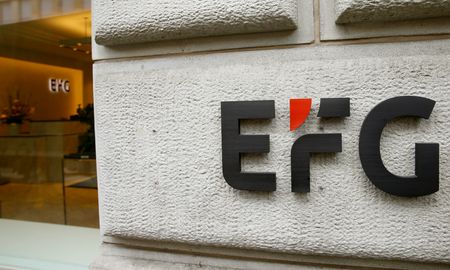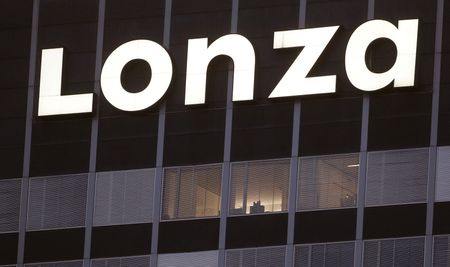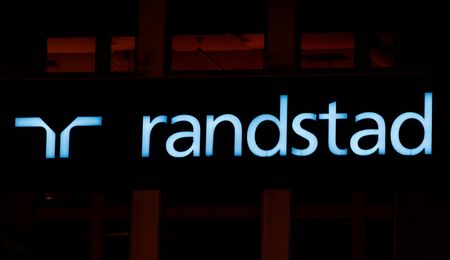By Jason Hovet
PRAGUE (Reuters) – A slump in most of Central Europe’s manufacturing sector eased in January and firms’ expressed optimism about the outlook, surveys showed on Monday, but analysts said the possibility of U.S. tariffs on Europe remained a prime risk.
The S&P Global Purchasing Managers’ Index (PMI) for Poland rose to 48.8 last month, from 48.2 in December, while the Czech PMI rose to 46.6, from 44.8 in December. Both have been below the 50 mark dividing expansion from contraction since mid-2022.
In Hungary, a PMI published by the country’s Association of Logistics, Purchasing and Inventory Management edged lower to 49.8 in January after two months of expansion.
The surveys underlined that a lack of orders from euro zone trade partners, like Germany, are still holding back Central Europe’s economic recovery – currently dependent on rebounding household spending.
Risks are also rising that Europe will face U.S. tariffs after President Donald Trump imposed tariffs on Mexico, Canada and China. He has said trade measures on the European Union would also “definitely happen,” but did not say when.
Central Europe does not have a large direct exposure to the U.S. market, but is a big part of production chains in western neighbours and will face a slowdown through those trade channels.
“While Central Europe isn’t particularly dependent on the United States as a source of final demand, tariffs could only add to the headwinds,” Capital Economics said in a note.
Apart from risks of German weakness and U.S. tariffs, exporters in Poland, the biggest economy in Central Europe, are grappling with the zloty currency at seven-year highs.
TARIFF HIT
The PMI surveys showed declines in Polish and Czech factory output slowed last month and orders declined at a slower rate.
Firms in both countries even expressed better sentiment toward future prospects, according to the surveys, while analysts said Hungarian firms were more cautious as manufacturing stagnated at best there.
“One cannot ignore the significant improvement in expectations,” Polish group Bank Millennium said in a note. “(It) raises hopes that the domestic manufacturing sector will enter a state of recovery.”
“However, this scenario is uncertain, among other things. due to probable U.S. tariffs on goods manufactured in the EU,” the bank’s analysts added.
The Czech Finance Ministry last week forecast that the country’s economic growth would accelerate to 2.3% this year due to better household demand. But it estimated a 10% tariff on Europe could lead to a slowdown of 0.4-0.5 percentage points in gross domestic product.
Czech lender MONETA Money Bank’s Chief Executive Tomas Spurny said the economy would suffer more than that in the event of U.S. tariffs.
Raiffeisen economists said the January PMI was unlikely to be a turning point in the Czech sector’s recovery.
“Economic growth predictions for Germany are quickly decreasing to zero,” they said.
“And there is the threat of a trade war.”
(Reporting by Jason Hovet in Prague, Karol Badohal in Warsaw, and Anita Komuves in Budapest; editing by Barbara Lewis and Susan Fenton)









